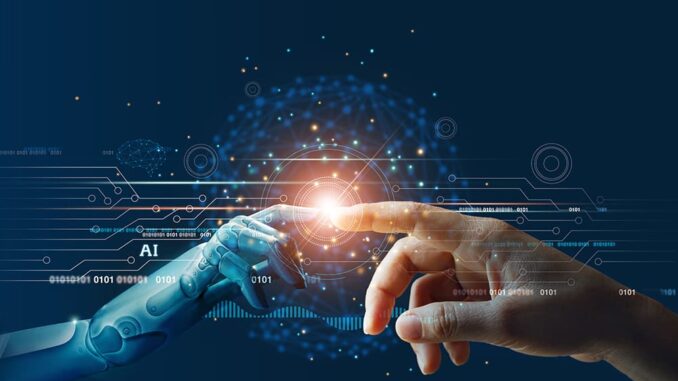
The concept of “Theory of Mind” (ToM) refers to the ability to attribute mental states—such as beliefs, intentions, desires, and knowledge—to oneself and to others.
It is a crucial aspect of human cognition, enabling us to predict and understand the behavior of others based on their mental states.









In psychology, ToM is often associated with social development and is typically developed in early childhood.
When it comes to artificial intelligence (AI), “Theory of Mind” represents an area of research focused on equipping machines with a similar understanding of mental states. Here are some key aspects of AI Theory of Mind:
### 1. **Understanding Intentions and Beliefs**
– An AI system with ToM would be able to infer the intentions and beliefs of individuals it interacts with. This capability could enable more nuanced human-computer interactions, making AI systems capable of more effectively predicting user behavior and responding appropriately.
### 2. **Social Interactions**
– AI systems with ToM could engage in complex social interactions, understanding context, and adapting their responses based on the inferred mental states of users. For example, an AI in a customer service role could better understand when a customer is frustrated, allowing it to adjust its tone and responses accordingly.
### 3. **Modeling Human Behavior**
– ToM could enhance the ability of AI models to simulate human-like decision-making and reasoning by allowing them to consider other agents’ mental states in their actions. This is particularly valuable in fields like robotics and multi-agent systems, where understanding the behavior of other agents is crucial.
### 4. **Ethical Considerations**
– The development of AI with Theory of Mind raises ethical questions. If AI systems can understand and predict human emotions and intentions, there are concerns about privacy, manipulation, and trust. Ensuring that these systems operate transparently and ethically will be critical.
### 5. **Current Limitations**
– Despite advances in AI, creating a genuine ToM in machines is still a significant challenge. Current AI systems, including those based on deep learning techniques, primarily operate through pattern recognition and statistical inference, lacking true understanding of mental states. Developing a robust ToM would require advancements in areas such as cognitive architectures, learning mechanisms, and contextual understanding.
### 6. **Applications**
– Potential applications for ToM-equipped AI include virtual assistants, healthcare robots that can provide emotional support, educational tools that adapt to students’ learning states, and autonomous systems for negotiation or conflict resolution.
In summary, while AI Theory of Mind remains an area of research rather than a fully realized capability, its exploration promises to enhance the interaction between humans and machines, leading to more sophisticated and context-aware AI systems. Advances in this field could have profound implications for technology applications and our understanding of intelligence itself.

Leave a Reply